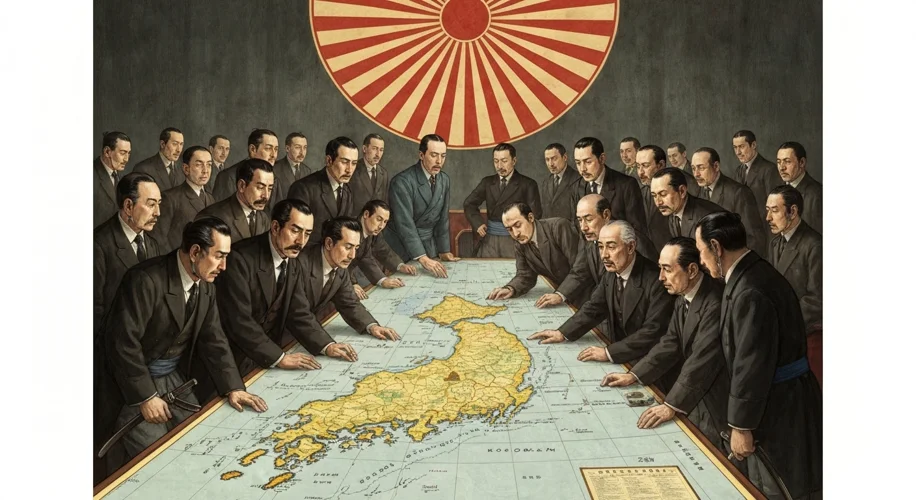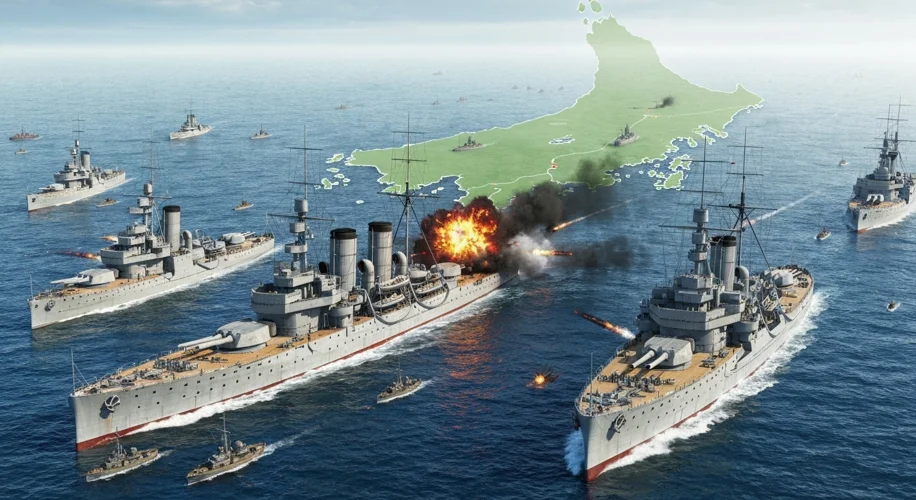The year is 1868. The Tokugawa Shogunate, a rigid feudal system that had governed Japan for over two centuries, crumbled. In its place rose the Meiji Restoration, a period of seismic change that propelled Japan from a secluded island nation into a burgeoning world power. This transformation, fueled by a potent blend of modernization, nationalism, and an almost insatiable drive for expansion, cast a long and ominous shadow over Japan’s neighbors, particularly Korea.
The Meiji leaders, men like Saigō Takamori and Ōkubo Toshimichi, were acutely aware of the Western powers’ imperial ambitions. They had witnessed firsthand the humiliation of unequal treaties imposed upon China and Japan itself. This shared experience, coupled with a burgeoning sense of Japanese exceptionalism and a paternalistic belief in guiding other Asian nations, sowed the seeds of what would become known as the “Korean Question.”

Korea, known to its people as Joseon, was a kingdom steeped in tradition, its society structured by Confucian principles. For centuries, it had maintained a tributary relationship with China, viewing the Middle Kingdom as the center of civilization. However, by the late 19th century, Joseon was increasingly vulnerable. Its internal political landscape was fractured, and its military unprepared for the technological might of the encroaching Western and, now, Japanese forces.
The Meiji ideologues saw Korea not just as a strategic buffer against potential Russian or Chinese encroachment, but also as a vital stepping stone for their own imperial aspirations. The concept of “Pan-Asianism” was twisted and weaponized, rebranded as a mission to liberate fellow Asians from Western domination, with Japan leading the charge. This ideology masked a deeper, more pragmatic goal: securing resources, markets, and strategic dominance in East Asia.
The initial steps were subtle, cloaked in diplomacy and trade. Japan, emboldized by its victory over China in the First Sino-Japanese War (1894-1895), began to exert increasing pressure on the Korean court. The assassination of Empress Myeongseong in 1895, a brutal act carried out by Japanese agents and their Korean sympathizers, sent shockwaves through Joseon and signaled a decisive shift in Japanese policy. It was a clear message: Japan would no longer tolerate Korean independence that did not align with its own interests.
The Russo-Japanese War (1904-1905) proved to be the final nail in the coffin of Korean sovereignty. Japan’s decisive victory solidified its position as the dominant power in Northeast Asia. The ensuing Treaty of Portsmouth, brokered by the United States, recognized Japan’s

